Youth in Government
The new mayorship of eighteen-year-old Jaylen Smith helps plant the growing seed for involving younger adults in government.
An illustration of Smith alongside interviewed Arkansan students.
February 9, 2023
The youngest current Supreme Court Justice is fifty years old. The youngest president of the United States was forty-three, and the current president is eighty. The ubiquitous association of age with maturity and experience is what largely fuels the majority of government roles being given to older individuals.
However, because our governments are mostly run by older individuals, younger people may be discouraged from taking roles in government. This doesn’t have the best impact on our country considering the growing current generation. As the decades change, so do the functions and morals of society.
While many can debate how our society should be led, it is fruitless to debate whether these new belief systems are becoming more normalized in the United States, because they have already become a part of our society.
With the youth dictating the future morals of society, it only makes sense that more young adults should be involved in government and politics.
This shift seems slow, especially recently due to the conflicts between younger Americans and outdated and offensive policies, with local examples such as the Arkansas abortion ban and the recent Arkansas anti-drag bill.
However, despite this slow transition, there has been a recent jump forward regarding young people in government and politics. In early December, eighteen-year-old Jaylen Smith was elected mayor of Earle, Arkansas.
EARLE’S NEW MAYOR
“I am pretty laid back,” Smith described himself, a rare but refreshing characteristic for someone who has just been elected mayor of a city. “I love hanging out with my twin brother, Jayden, and our friends. I love going out to eat, going to church, [and] going on vacations.”
Smith, born and raised in Earle, has many plans for his hometown.
“[My goals are] public safety, beautifying the city, getting a grocery store, and activities for the youth,” Smith said.
Although Smith is often asked about his plans for Earle, he doesn’t feel any pressure because he believes in his vision.
Despite his determined and confident approach, Smith has a very humble spirit, dismissing the idea that his mayorship was groundbreaking or revolutionary.
“It’s not about me, it’s about the citizens of Earle, Arkansas,” Smith said.
While Smith seems like a rarity, he is not the only young individual who plans to pursue politics and government with a desire to bring change to our communities. Similar to Smith, other young people in Arkansas also have a desire to enter politics to make change.
Khloi Turner, a senior at Dardanelle High School, has the goal to be an Arkansas senator.
Careers in politics are not a rarity—many people pursue politics and are able to do it successfully, but politics becomes unfair and unbalanced when government seats are consumed largely by people with influence and money.
“I want to bring back being a public servant and not a self-serving politician,” Turner said.
While taking a direct step into action is essential to change, it’s also pivotal to take a role behind the scenes and study the background of politics. Bryant’s senior class president Sabian Murry also believes this, with an aspiration to pursue politics in a different, more comprehensive way.
“I would like to take a more sociological look into politics,” Murry said. “I want to focus on the different groups and backgrounds of people that are being affected by political decisions.”
It’s important to consider the psychological and sociological factors in politics, because it helps society dissolve the idea that in politics, people either believe this, or they believe that. This idea is largely why individuals blindly accept and adopt the political beliefs of their environment, such as in their household or school.
GETTING INVOLVED
Altogether, there’s many different ways to pursue politics. However, how does one start? The best way, it seems, is to start within your school. Extracurriculars are formulated to benefit students and inspire careers or interests, so it’s best to take advantage of them before graduation.
Olivia Patterson, a senior at Haas Hall Academy, has used her extracurricular opportunities to help advance her political goal to be a medical policymaker in government.
“I am a member of HOSA and I compete in Medical Law and Ethics,” Patterson said. Though HOSA (Health Occupations Students of America) is an extracurricular for students wishing to be in the medical field, its competitions and activities provide its members with information that proves relevant to ethics in politics.
“[HOSA] has educated me and allowed me to gain awareness about the obstacles that must be overcome in order to begin to create change within the system,” Patterson said.
Additionally, extracurriculars do not always have to be school-based. Independent study and research on political topics are very beneficial, and the independence and leadership they require is impressive on college and career applications.
Starting within your school is just the first step. Next, work within your larger community. This can allow you to learn more about political leadership and make connections with established politicians in your city and state.
Joa Morelli, a senior at Eureka Springs High School, took this step in her community by joining Senator John Boozman’s Congressional Youth Cabinet.
The Congressional Youth Cabinet is a program designed by Senator John Boozman with the goal to educate students about “advocacy and civic engagement” through experiences with policymaking. Students are assigned an issue, and at the end of the program in May, they have a meeting with the Senator to propose bills and policies for the specific issue.
“I fully intended to go into the program with an open mind, and a goal to bring unity to both partisanships,” Morelli said. “Working with others with the same goal was exhilarating.”
While working within your community allows you to create relations with those who have similar goals, it’s also important to experience environments where not everyone has the same political beliefs.
“Given that I am a leftist, I clearly didn’t agree with Boozman’s stance on abortion rights,” Morelli said, referring to Boozman’s oppositions on abortion and approval of the Hyde Amendment, which ensures that abortions are not funded by taxpayer dollars. “Although I do not agree with Boozman’s politics, I felt it was important to work with a side I’m unacquainted with.”
Politics revolve around conflict, so it’s important to interact with contrasting environments in order to have some experience before beginning a political career.
OVERCOMING DISCOURAGEMENT
No matter the preparations, entering politics is a tedious process. Especially for younger people, it can seem like taking a step forward and taking three steps back.
“I’ve been told for ages that politics would be impossible for me to get into,” Jordyn Barnett, a senior at Conway Christian School, said. “My family doesn’t have a legacy of it, or an absurdly wealthy background like many politicians do.”
In the workforce, careers, wealth, legacy, and race act as a privilege that can aid in success, and this is furthermore intensified in politics.
While the difficulties of entering politics can seem overbearing, the mayorship of Jaylen Smith, an eighteen-year-old Black male from an ailing town, proves that with passion and commitment, advancements in this career field can be made no matter one’s background or age.
“Jaylen Smith confirmed that it’s possible,” Turner said. “Smith showed each young adult that change is happening, the world is ready, and it’s our time to make it right.”


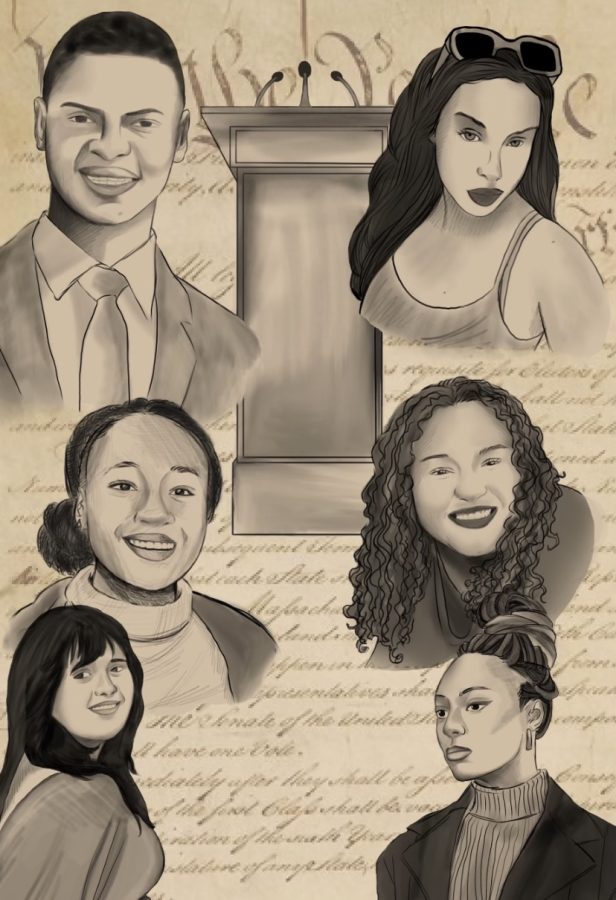
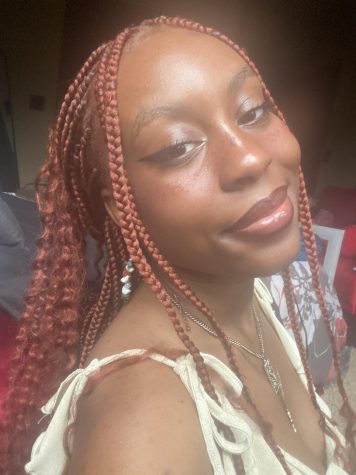
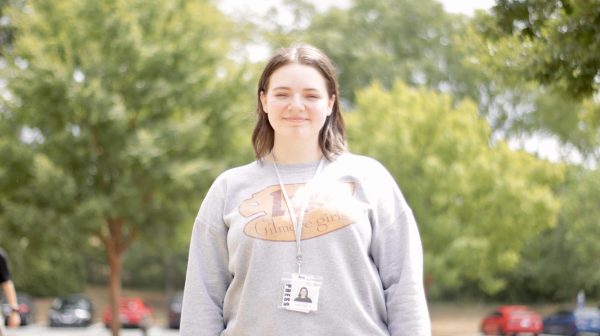
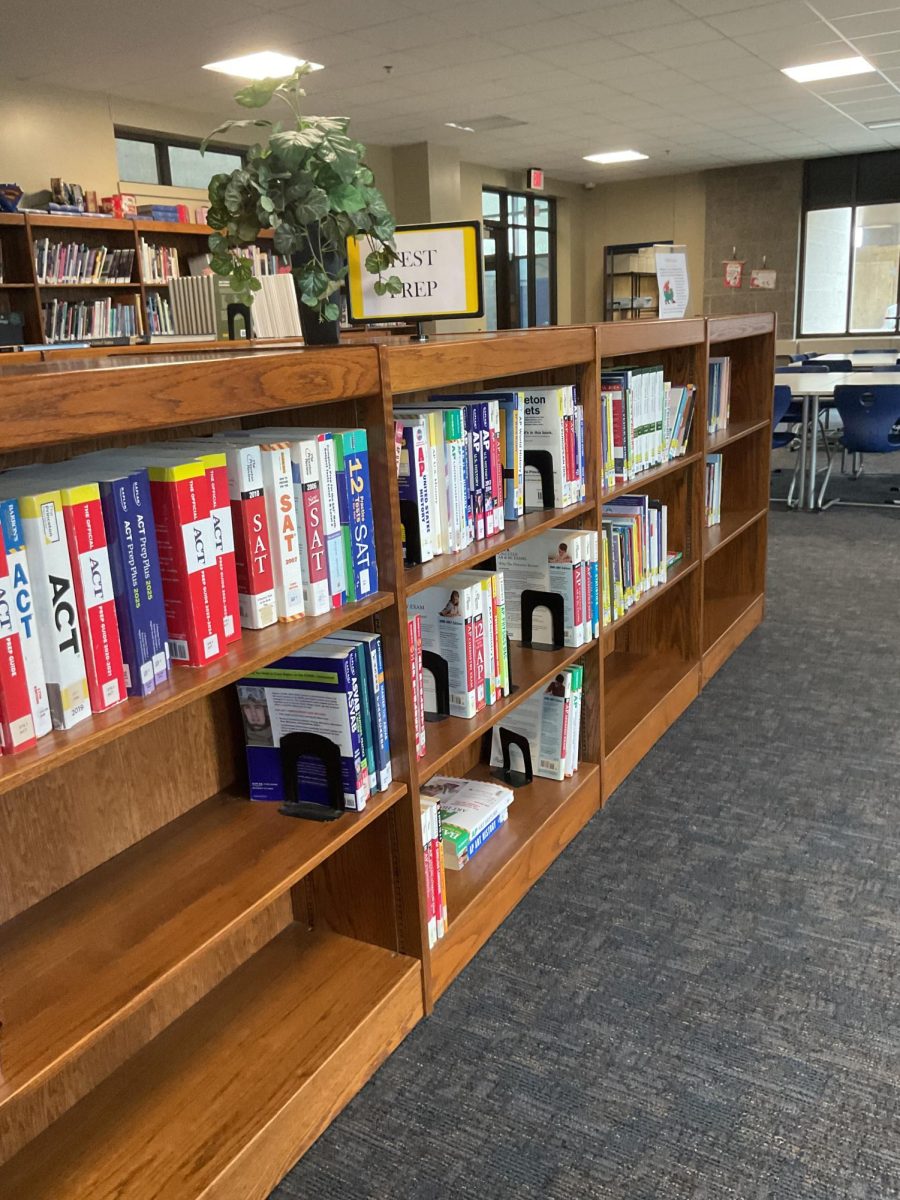
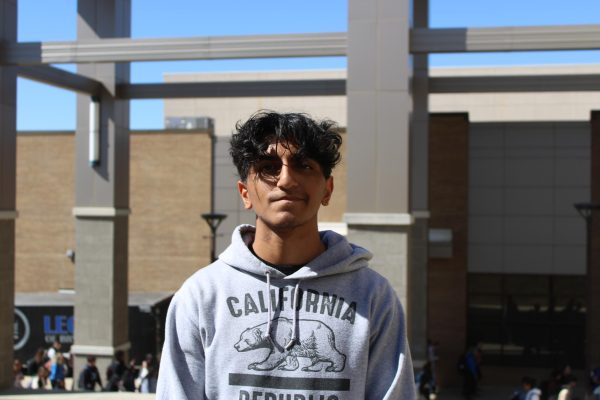
John R Watson | Feb 14, 2023 at 8:37 pm
Outstanding Article. Very well written!